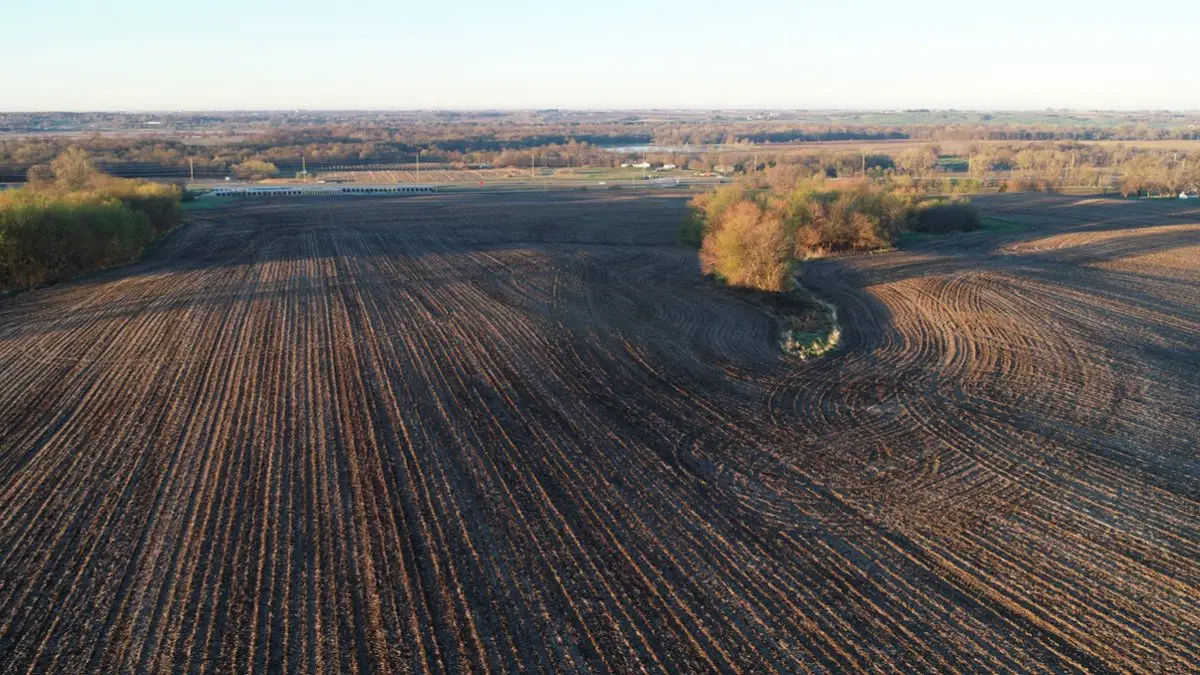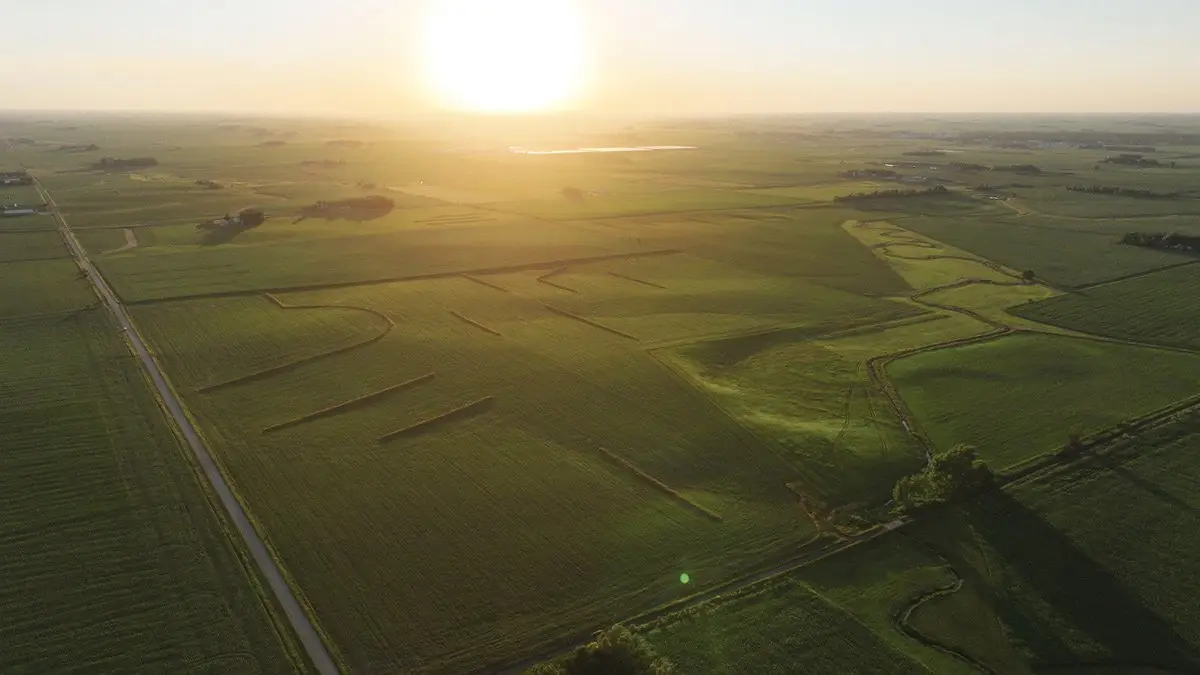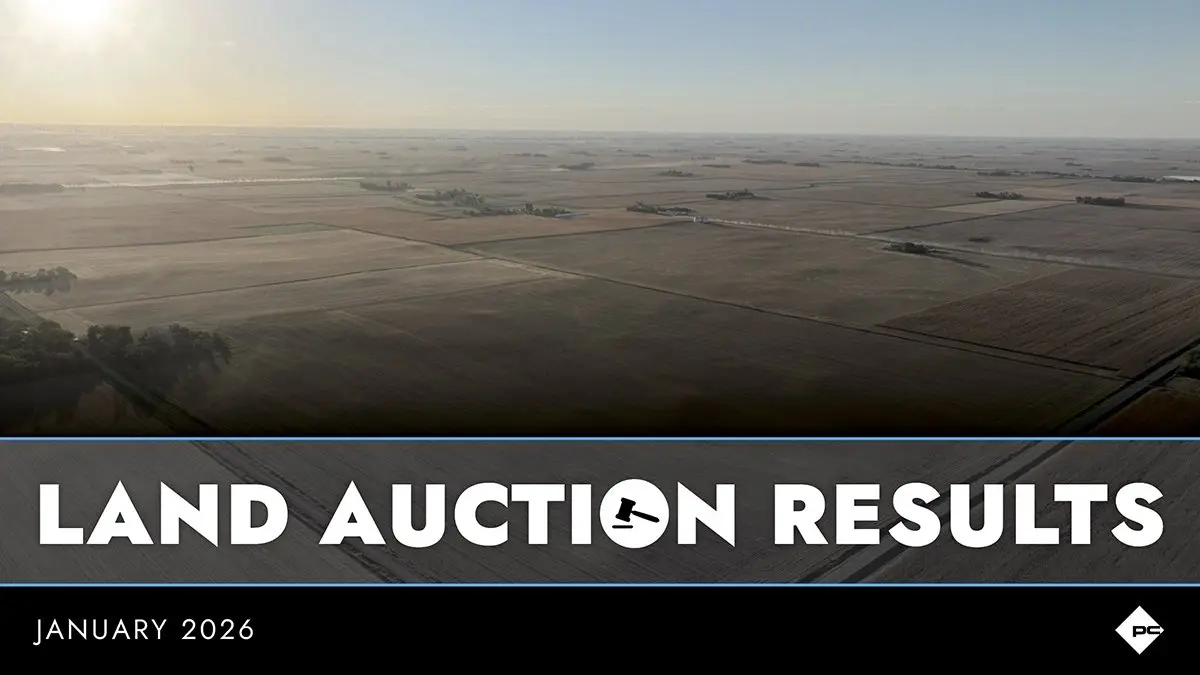The Land Investment Monthly is a round-up of articles and headlines published by the farm press, business media and financial publications with insights into buying, selling or investing in farmland, recreational ground or development ground. Follow Steve Bruere @SBruere on Twitter and find Peoples Company on Facebook for the latest land listings, auction results, upcoming events and real estate news. To subscribe to my monthly updates via email, send a message toSteve@PeoplesCompany.com with “Land Investment Monthly” in the subject line.
Farm Fuel
Biofuels Digest considers the relationship among wealth, spending, crop prices, productivity and the GDP in light of the Iowa farm sector’s impact on the U.S. economy over the past 15 years. A “key to prosperity” associated with rising land values is a central theme of the article drawing attention to the 3.9 billion gallons of ethanol and 227 million gallons of biodiesel produced in the state last year. “So there you have it,” writes Jim Lane. “A success story in the agricultural sector.”
Read more.
Super Sale
A beef producer in Australia is listing for sale the largest farm in the world. The Anna Creek ranch covers nearly 24,000 square kilometers; more ground then the state of New Jersey. The largest U.S. farm – Wagoner Ranch in Texas – consists of 535,000 contiguous acres equivalent to 2,165 square kilometers. S. Kidman & Co. owns 155,000 head of branded cattle and is responsible for 1.3 percent of all boxed-beef exports coming out of Australia. Farms.com reports. In related news, Stock & Land reports that changing demographics in Australia will lead to large numbers of agricultural properties hitting the market over the next 10 years.
​Read more.​
Fair Exchange?
Dave Brown digs into the potential negative effects​ of House and Senate proposals aimed at eliminating Section 1031 of the U.S. tax code. 1031, or “like-kind,” exchanges, allow domestic businesses to efficiently expand and prosper while stimulating economic growth. Farmers and ranchers can also defer tax​, ​while at the same time promoting environmental conservation​, ​by selling easements on environmentally sensitive parcels to conservation organizations, and then reinvesting in more productive, less sensitive farmland. Brown’s article in The Land Report goes into the history of like-kind exchanges, followed by a call to preserve 1031s for companies that support and facilitate the ownership of real property.
Read more.​
​Ag Rep
Iowa Rep. Peter Cownie shares with Des Moines Register readers some fast facts on Iowa’s agricultural sector. He highlights the state’s diverse economy, alongside the importance of ag education in legislative realms. Cownie, who serves on the House Agriculture Committee, points to data reflective of Iowa’s leading role in the production of corn, soybeans, eggs, cattle, pork, and turkey.
Read more.
Land Values
Results of the spring Land Trends and Values Survey produced by the Iowa Chapter of the REALTORS Land Institute are in with a 7.6 percent statewide average decrease being reported for the September 2014 to March 2015 period. Each of the state’s nine crop reporting districts showed decreases in land values since September 2011, varying from a 4.6 percent decline in the Southwest district to a 11.0 percent decrease in the northeastern portion of the state. Lower commodity prices, a limited amount of land on hand, and a lack of stable alternative investments have each contributed to current conditions.
Read more.
Seed Money
The Wall Street Journal covers soaring investments in agriculture and food production as wireless technologies, new tools for collecting and monitoring crops, and demand for alternative eats give rise to a new breed of agricultural-minded entrepreneurs. Venture-capital investment in the sector increased 54 percent to $486 million last year. The report on Silicon Prairie’s fascination with dirt dishes up ideas on everything from precision agriculture to ​food safety, robots and indoor farming.
Read more.
Water Woes
An Iowa farmer quoted in the New York Times says progress is being made in regards to the state’s voluntary nutrient reduction program efforts, even as the top official of the Water Works Park utility in Des Moines continues singling out agriculture in rural portions of the state. The issue over nitrates resulted in Water Works Park’s decision to sue three Iowa counties. Meanwhile, farmers eager to employ conservation practices are discussing next steps, including strategies that involve the use of cover crops or taking the most sensitive areas of farmland out of production altogether.
Read more.​







